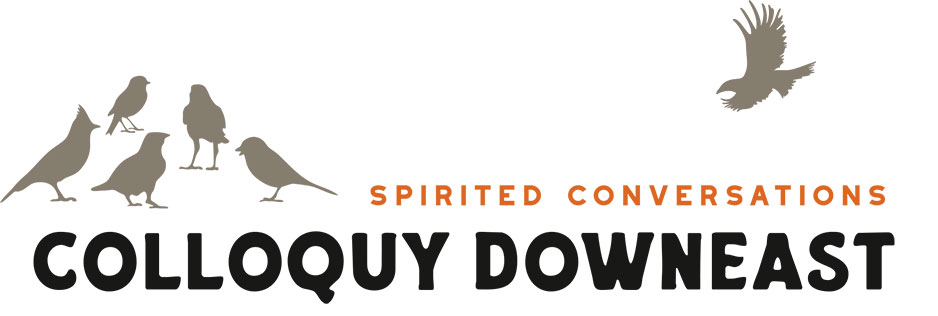Rethinking American Foreign Policy
| |||||||
Seth Singleton’s colleague, Thomas Remington, will give a talk as a Colloquy Downeast Special Event. See Special Event : The Realist Tradition in American Foreign Policy.
Rethinking American Foreign Policy
It’s perestroika time for American foreign policy. The era of American world hegemony – if it ever really existed – is over. The old toolkit of intelligence – diplomacy – military deployments – covert operations in place since the national Security Act of 1947 no longer works well and has already been superseded by cyber- and economic sanctions. The Trump Administration has abandoned “soft power” and promotion of democracy and human rights for a doctrine of national interest and advantage. Trump has taken a wrecking ball to alliances and international agreements. He has made “tariff wars” and economic coercion by sanctions new principles of American policy. So far, Trump rejects military intervention – although his advisers perhaps do not.
We know all this and won’t spend much time going over it. What we will do is consider how to bring some clarity and order out of the present foreign policy chaos. What might a new grand strategy and a new set of foreign policy principles and instruments look like? There are several possibilities. One is Trump’s vision of an impregnable, mighty, independent America pursuing its own advantage, with the economic and military clout to bend others to its national will. Another is revitalization of the “liberal international order” and alliance of democracies. A third, favorite of many foreign policy wonks, is “offshore balancing” – diplomatic manipulation of others so they don’t threaten us. A fourth is soft power with military withdrawal – what Bernie Sanders might be for if he could articulate it. A fifth is dividing up the world with Russia, China, and Europe – a new arranged cohabitation of informal empires.
This colloquy will explore these possibilities and debate what a new coherent policy should look like.
Seth Singleton teaches international relations and American Foreign policy at the University of Maine. He studied Russian history and literature at Harvard and political science at Yale. He won the American Political Science Association prize for best dissertation in international relations and has held grants from the Rockefeller Foundation, the National Council on Soviet and East European Research, the Kennan Institute, the Fulbright program, and the Open Society Institute. He has lived in Tanzania, Ecuador, and Vietnam and consulted in China, Mongolia, and Bolivia. In 1991 and 1992 he lived and taught in Russia, in Ekaterinburg and St. Petersburg. He has been faculty research associate at Harvard and academic dean in universities in the US and overseas
Thomas F. Remington is Visiting Professor of Government at Harvard University. He is Goodrich C. White Professor (Emeritus) of Political Science at Emory University and a Senior Research Associate of the International Center for the Study of Institutions and Development of the Higher School of Economics in Moscow, Russia. He is author of a number of books and articles on Russian and postcommunist politics. Among his publications are Presidential Decrees in Russia: A Comparative Perspective (Cambridge University Press, 2014) and The Politics of Inequality in Russia (Cambridge University Press, 2011). He teaches and does research on the politics of economic inequality in the United States, Russia and China.
Syllabus/Reading
Readings:
Possible readings: Stephen Walt, The Hell of Good Intentions (2018); Robert Kagan, The Jungle Grows Back (2018); Michael Lind, “Blocpolitik” (2018); articles from the May-June 2019 Foreign Affairs.
▼ Registration
Registration
Bookings are now closed (or the colloquy has been cancelled)
We aren't currently accepting bookings for Rethinking American Foreign Policy.
If you are trying to pay for a colloquy that you've already attended or have questions about refunds, please contact our Treasurer to work out the details.
▲ Hide...


